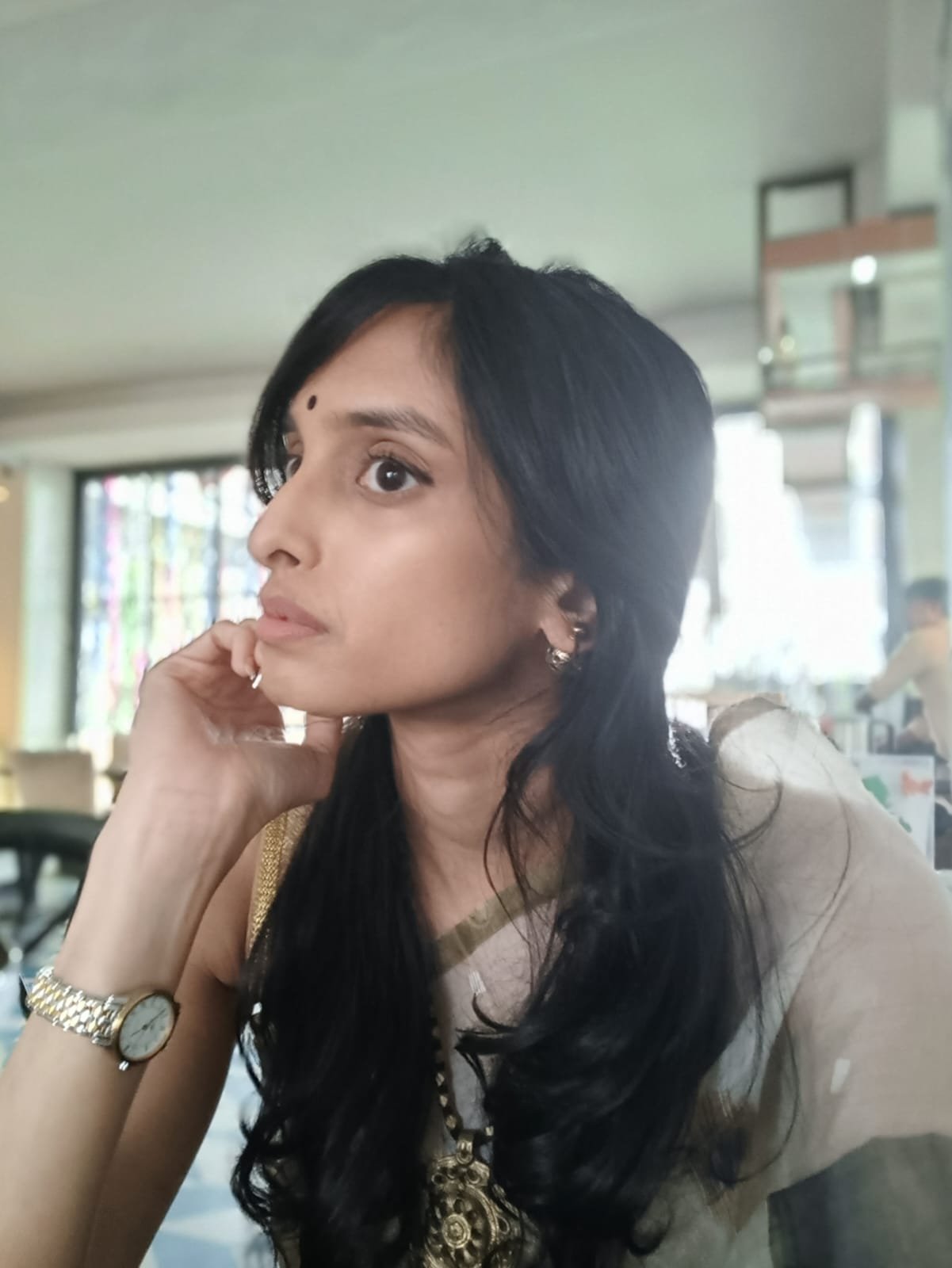The Why of Us

Writing Women began as a love letter to women from the Global South who wrote, recited, sang, inked, and stitched the stories of their lives into record. These stories are so often erased, or buried under a whole lot of history about straight white men, (and a few white women). But when we sought out these stories, we found incredible legacies of radical resistance, loving sisterhood, and solidarities across landscape and language. The more we learnt, the more hopeful and imaginative we became in building radical, loving futures.
The uncaring mechanics of patriarchy, colonialism and capitalism come undone with imagination. We are conditioned to think it is silly, naive and at best, unfeasible to imagine a more caring, loving world. But you simply have to read of Savitribai Phule and Fatima Sheik changing the course of education in India, or of Wangari Mathai’s green belt movement, or of Marsha P. Johnson and Sylvia Rivera’s Trans rights work, or of Leila Khaled’s armed resistance in Palestine, or of female trade unions and Anarchist Cholas in Bolivia, or of Parveena Ahangar and the foundational work of the APDP in Kashmir, or of LaDonna Brave Bull Allard and the water protectors at Standing Rock. If you peel through the insidious invisibilizing work of colonial histories, you will find that this list is unending. Because collective organizing has always happened, has always changed things we believed were unchangeable, and always will.
Like sister Gloria Anzaldúa tells it, “Nothing happens in the “real” world unless it first happens in the images in our heads.” Every story of radical feminism is a seed that powers the images in our heads, and we are a seed bank in the making.
Language and Meaning
Our feminism is radical, intersectional, decolonizing, queer and gender loving, and feels like sunshine in a field of wildflowers. And yes, these are a lot of words, so let’s talk about meaning.
Cis and Trans Women, and Non-Binary People
Cis and Trans Women, and Non-Binary People
Decolonial
Decolonial
Racialized
Racialized
Intersectional Feminism
Intersectional Feminism
Radical
Radical
Transnational Solidarity
Transnational Solidarity
People
Vijaya Chikermane, Founding Editor
This space is run by Vijaya, relentless reader, clever co-conspirator in the downfall of empire, and feminist killjoy since before she can remember. Apart from building this collective labour of love, Vijaya consults on knowledge exchange strategies with gender and social justice organizations. She has a scholarly background in Political Science, Social Policy and Planning, and Community-based Research but has learnt far more from Audre Lorde, Ngũgĩ wa Thiong’o, Edward Said, Sara Ahmed, Bama, Kamla Bhasin, Mahmoud Darwish, James Balwin, Alice Walker and more. She is also mama to a little human whom she indoctrinates to practice audacious rebellion.

Hemlyn P. Ratnam, Associate Editor
Hemlyn is a multifaceted editor with a diverse background in science, business, and literature. Her education in Chemical Engineering and Applied Neuroscience informs her deep curiosity about the human mind and the power of language. She honed her editorial skills through Columbia University’s publishing program. Driven by a desire to make a meaningful impact, she transitioned from the corporate world and now channels her love for books and literature into curating compelling stories and fostering emerging voices.


